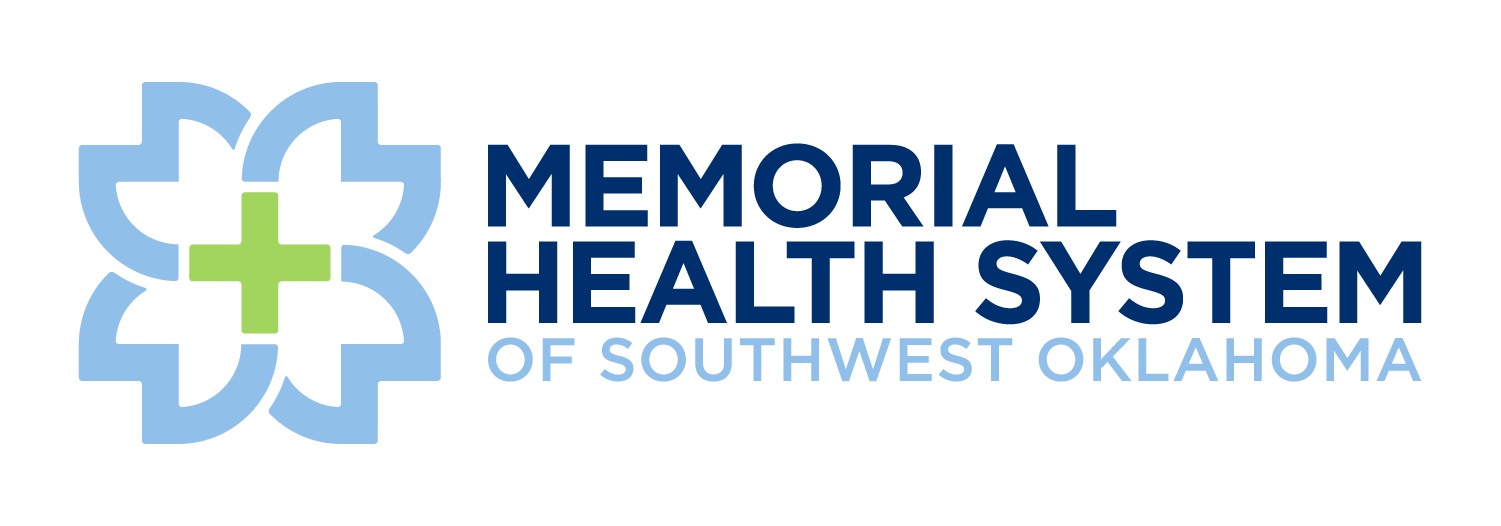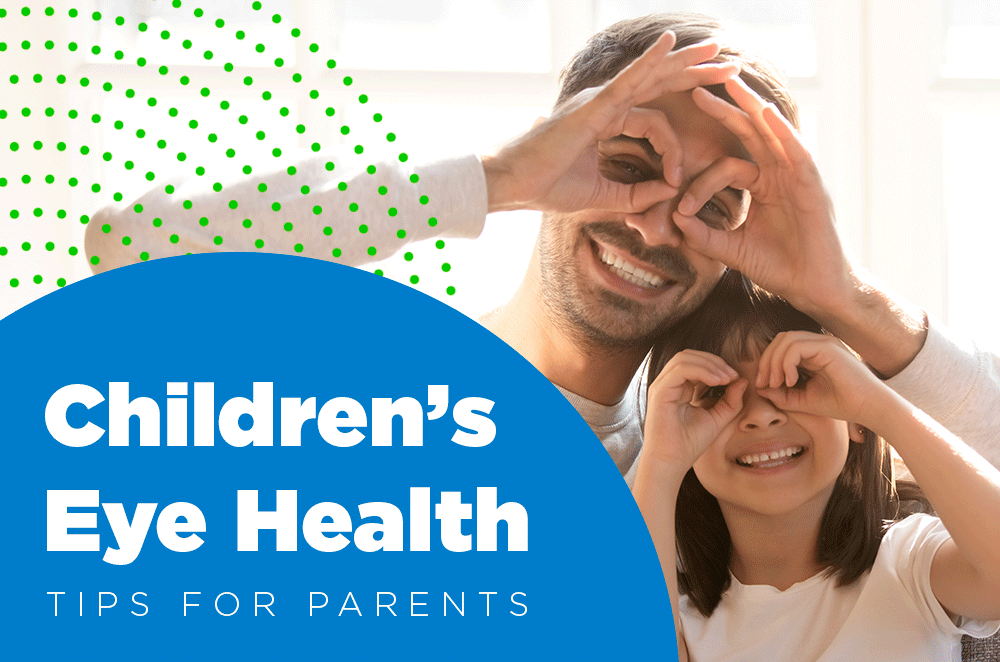Have you ever wondered why regular eye exams are so important for your little ones? As a parent, you naturally want the best for your child, and that includes their eye health. But did you know that many eye issues often go unnoticed in children until they significantly impact their daily lives? That’s where regular eye exams come to the rescue! These exams are not only about checking if your child needs glasses; they also play a crucial role in detecting and treating eye conditions early on, preventing potential long-term complications.
Regular Eye Exams
According to the College of Vision Development, an estimated 25% of school-aged children have vision problems that can affect their learning. This is why regular eye exams are so essential for maintaining the overall health of a child’s eyes and vision. These exams play a crucial role in identifying any potential vision problems at an early stage. By detecting these issues early on, children can receive prompt and effective treatment, which is vital for their overall well-being. Regular eye exams ensure that children’s visual development progresses smoothly, allowing them to fully engage in various activities, such as reading, learning, and sports. Furthermore, these exams help prevent any long-term complications that may arise due to undiagnosed eye conditions. Therefore, it is imperative for parents and caregivers to prioritize regular eye exams for their children to promote their optimal eye health.
Signs of Vision Problems in Children
Children frequently encounter challenges when it comes to expressing their vision concerns, especially if they are younger and lack the appropriate vocabulary to convey their issues. They may not possess a complete understanding that their vision is not within the normal range. Additionally, they may be reluctant to share their difficulties due to the fear of standing out from their peers. Parents should be on the lookout for the following signs that may indicate a child is struggling with their vision:
- Complaints of discomfort and fatigue
- Frequent eye rubbing or blinking
- Short attention span
- Avoiding reading and other close activities
- Frequent headaches
- Covering one eye
- Tilting the head to one side
- Holding reading materials close to the face
- An eye turning in or out
- Seeing double
- Losing place when reading
- Difficulty remembering what he or she read
Early detection and treatment of these issues can greatly improve a child’s academic performance and overall well-being.
Recommended Eye Exam Frequency for Children
The American Optometric Association (AOA) recommends the following schedule for children’s eye exams to ensure optimal eye health and development:
- First exam at 6-12 months of age: This initial assessment can be performed through the InfantSEE program at Rivertown Eye Care, providing early detection of potential vision issues.
- Age 3: A comprehensive eye exam should be conducted before a child starts preschool to identify any vision problems that could impact their learning.
- Age 5-6: Another exam should be performed before the child begins kindergarten or first grade, as vision plays a crucial role in their academic success.
- Ages 6-18: For school-aged children, the AOA recommends annual eye exams, as their eyes and vision can change rapidly during these years. Regular exams can help catch any issues early and ensure their vision remains clear and healthy.’
At CCMH, we take the safety and health of our patients’ eyes seriously, regardless of their age. If your child has symptoms of vision issues or simply hasn’t had an exam recently, our team is here for you. If you need help with scheduling an eye exam for your child, contact one of our family care physicians: https://www.ccmhhealth.com/family-care/
Resources:
https://www.aoa.org/healthy-eyes/eye-health-for-life/school-aged-vision?sso=y
https://www.aoa.org/news/inside-optometry/aoa-news/championing-childrens-eye-care?sso=y
Disclaimer
The Comanche County Memorial Hospital website does not provide specific medical advice for individual cases. Comanche County Memorial Hospital does not endorse any medical or professional services obtained through information provided on this site, articles on the site, or any links on this site.
Use of the information obtained by the Comanche County Memorial Hospital website does not replace medical advice given by a qualified medical provider to meet the medical needs of our readers or others.
While content is frequently updated, medical information changes quickly. Information may be out of date, and/or contain inaccuracies or typographical errors. For questions or concerns, please contact us at contact@ccmhhealth.com.

